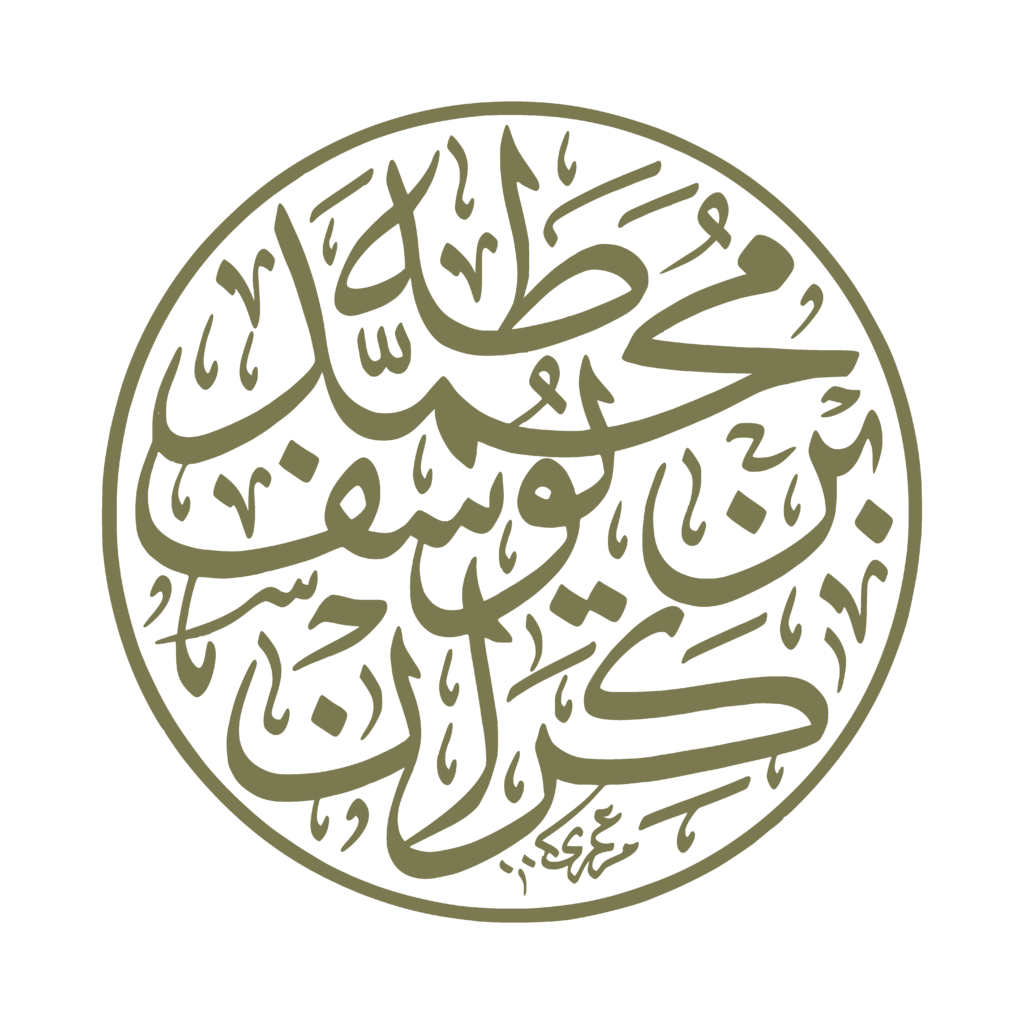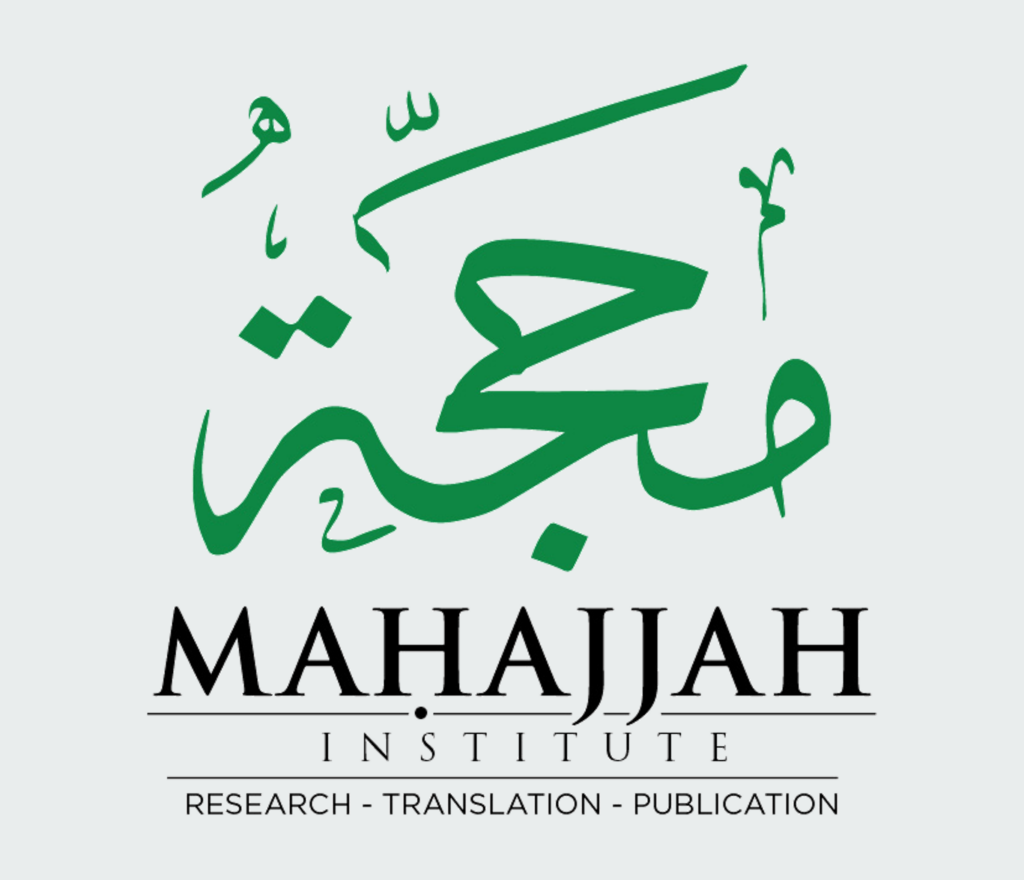Shīʿism
Understanding the Reality of Shīʿism
Debate on Shīʿism

In the year 2000, Mufti Taha Karaan was invited to debate a famous Shīʿī dāʿī, Dr. Hosseni from Iran. The debate covered several pertinent topics, including: the distortion of the Qurʾān; the authority of the Ahl al-Bayt in light of the Qurʾān and Sunnah; the verses of purification; the wives of the Prophet; the people of Badr; and the concept of abrogation (naskh).
Why Shīʿism cannot be a Fifth Madhhab
The call for Sunni-Shi‘i unity, and its concomitant call towards regarding the Shi‘i Ja‘fari madhhab as a fifth madhhab alongside the four Sunni madhahib, will come as no secret to Sunnis acquainted with Shi‘ism.
Shīʿism in South Africa – A Sunnī Perspective
In a world that is becoming increasingly hostile towards Islam and Muslims, the need for solidarity amongst Muslims has become acutely pronounced. It would be logical to expect from advocates of such solidarity that they do not actively engage in or support activities that might prove disastrous to Muslim unity, and that they would by no means allow such activities to exist. What, then, are the implications of unabated Shi‘i missionary activity in Sunni societies, with the full support—by deed or by acquiescence—of the Iranian government?
The Root of Sunnī-Shīʿī Differences in Fiqh
Protagonists of Sunnī-Shīʿī unity claim that the differences between Shīʿah and Sunnī are no different than the differences between the four Sunnī schools of jurisprudence and thus should be treated with the same tolerance and acceptance as Ḥanafī-Shāfi‘ī differences. In this article, the fundamental differences between Shīʿah and Sunnī are examined, and the obtuseness of such claims made apparent.
Are you a Kāfir?
Shīʿism claims that Imamah, just like Tawheed and Nubuwwah, is one of the fundamentals of Imaan. To believe in the Twelve Imams is therefore just as important as to believe in the Oneness of Allah and the Prophethood of Sayyidina Muhammad (S.A.W). Therefore, in the Shīʿah religion, anyone who does not believe in the divinely appointed line of Twelve Imams as the immediate successors of the Nabi (S.A.W) is a Kāfir. This is clearly attested to in the writings of ten of the most eminent `ulama of the Shīʿah over the centuries.
Can we call the Shīʿah Kāfir
The question as to whether a person or a group may be called kāfir or not depends upon the beliefs that person or group holds. Two aspects need to be investigated. It needs to be established firstly that the person or group does subscribe to all the essential tenets of faith; and secondly that he or they do not believe in anything that amounts to a rejection of a categorical aspect of Islam (ma’lum min ad-din bid-darurah).
The MJC’s Postion on the Shīʿah
A considerable amount of confusion has been caused by the publication in Muslim Views of a misleading report of an interview with MJC President, Shaikh Ebrahim Gabriels. In response to this situation the MJC wishes to hereby clarify its position vis-a-vis the Shi‘ah and Shi‘ism.
Sunni Shīʿī Rapproachement
A Study of Attempts at Sunni-Shi‘i Rapprochement in History – This study is largely based on materials from the book Mas’alat at-Taqrib bayn as-Sunnah wash-Shi‘ah by Dr. Nasir ‘Abdullah al-Qafari.
Abu Hurayrah and ʿUmar
Shi‘i critics of Abu Hurayrah tend to quote sources very selectively, and those who subsequently quote from them, having no access to the original sources, do not know anything but the citations produced for them by these critics. If it is true that ‘Umar ibn al-Khattab disapproved of profuse narration in the manner that Abu Hurayrah used to narrate, then the following quotation contained in the same “Tarikh Dimashq” of Ibn ‘Asakir throws a different light upon the issue.
Fadak between Abu Bakr and Fatimah
Fadak is a hamlet in Hijaz that used to be inhabited by a group of Jews. After Rasulullah sallallahu ‘alayhi wa-alihi wasallam had accomplished the conquest of Khaybar, Allah cast fear into the hearts of those Jews.They therefore conclude a treaty with Rasulullah sallallahu ‘alayhi wa-alihi wasallam in terms of which Fadak was ceded to him. Thus, not having been conquered by force of arms, it became the personal property of Rasulullah sallallahu ‘alayhi wa-alihi wasallam.
Rank of the Sahabah
On account of the praises and merits of the Companions of the Holy Prophet [PBUH] appearing in the Qur’ân and the Traditions, the Ahl al-Sunnah unanimously believe that the greatest of the great saints cannot attain the status of the lowest of the low Companions of the Holy Prophet [PBUH].
Shattering the Mirage of Murajah
A response to ‘Abd al-Husayn Sharaf ad-Din’s al-Muraja‘at published in English as The Right Path.
Shīʿah and Hadīth (Arabic)
Both Sunni and Shi’ah rely on the sunnah. However, the Shi’ah derive their sunnah from books other than the two Sahihs, the four Sunnahs and the Musnads.
The Implications of Inconsistency in the Hadith of the Shīʿah
The Ahlus Sunnah and Shia both share in taking the Qur’an as a source of religious legislation (tashri’), and despite the opinion of the Qur’an being tampered with being common among the Shia, they are nonetheless ordered to rely upon the Qur’an currently in our midst, until the Hidden Imam appears.
The Marriage of Umm Kulthum
A major part of the edifice upon which Shi‘ism has constructed itself is its idiosyncratic portrayal of the early history of Islam. It is especially in its representation of the relationships that existed between ‘Ali ibn Abi Talib and the eminent Sahabah like Abu Bakr and Umar that Shi‘ism has acquired a character of its own.
The Myth of the Shīʿī Mahdi
The 15th of Sha‘baan is a very significant date, both to the Ahl as-Sunnah and the Shi‘ah. The Shi‘ah, however, have their own reason for ascribing significance to this night. To them it is the night of the birth of their twelfth Imam, the Hidden Mahdi.
The Qur’ān and Imāmah
This article investigates the usage of the word “Imam” in the Qur’an to see whether the Qur’an provides any support to the Shia concept of Imamah. In it a description is first given of Imamah as conceived of by the Shia, and that is followed by a detailed scrutiny of every place in the Qur’an where the word “Imam” or its plural “A’immah” has been used by Allah Ta‘ala.
Unmasking the Other Villains of Karbala’
Retelling the tragedy of Karbala has traditionally been an important feature of Shi`i spirituality. The passion plays of Iran and the Indian subcontinent, the literature, both prose and poetry, composed upon the subject of the martyrdom of Sayyiduna Husayn radiyallahu anhu and the general atmosphere of mourning that reigns amongst the Shi`ah during the month of Muharram, all bear eloquent testimony to importance of that event in the Shi`i calendar. To the Shi`ah, Ashura is probably the most important day of the year.

